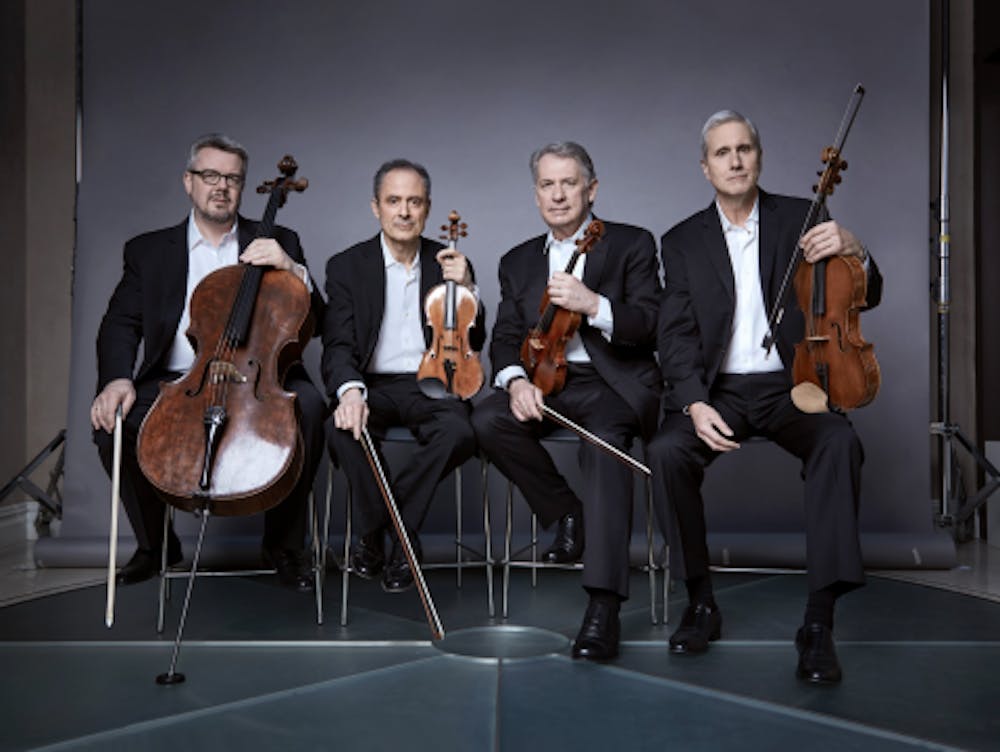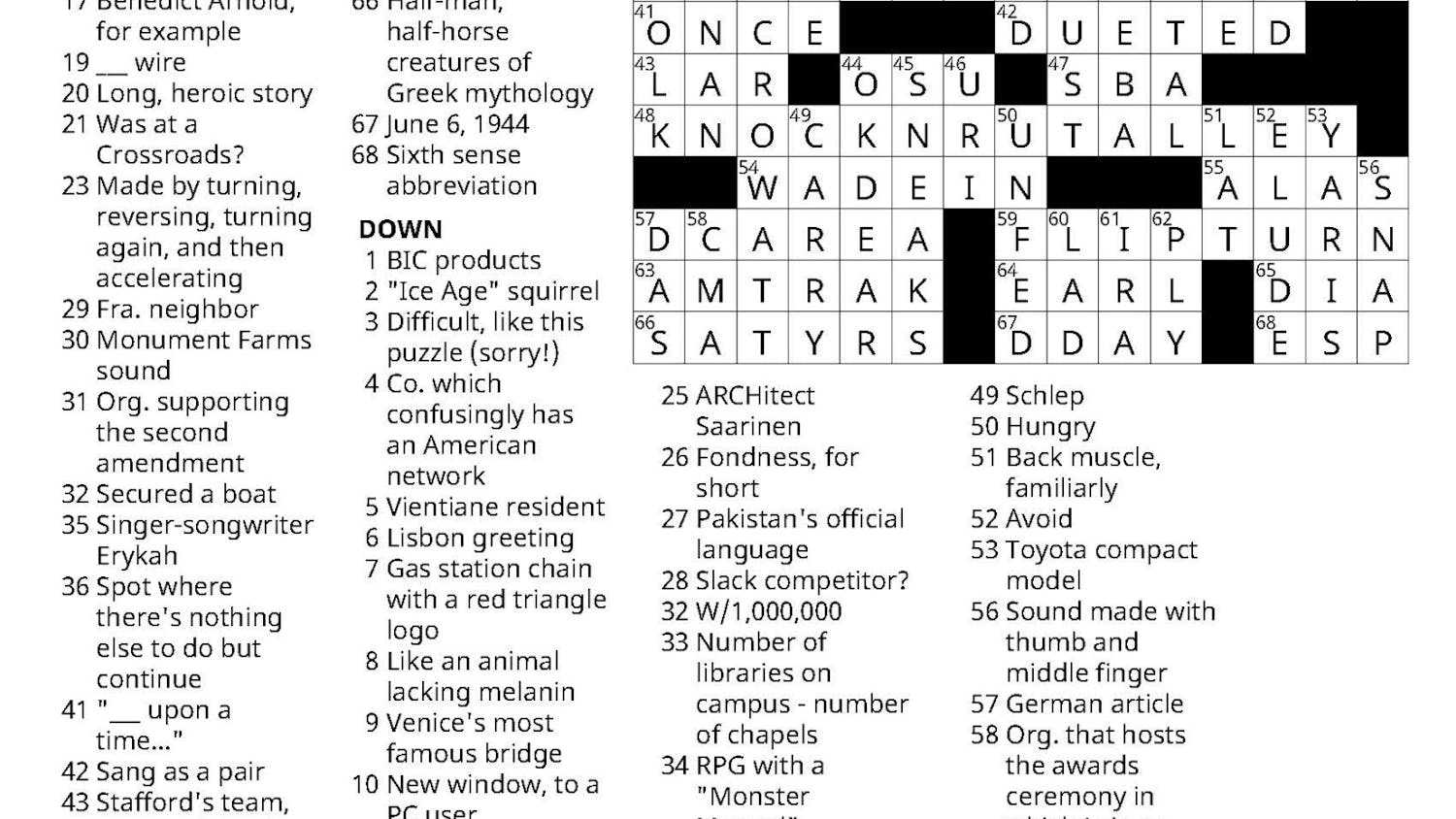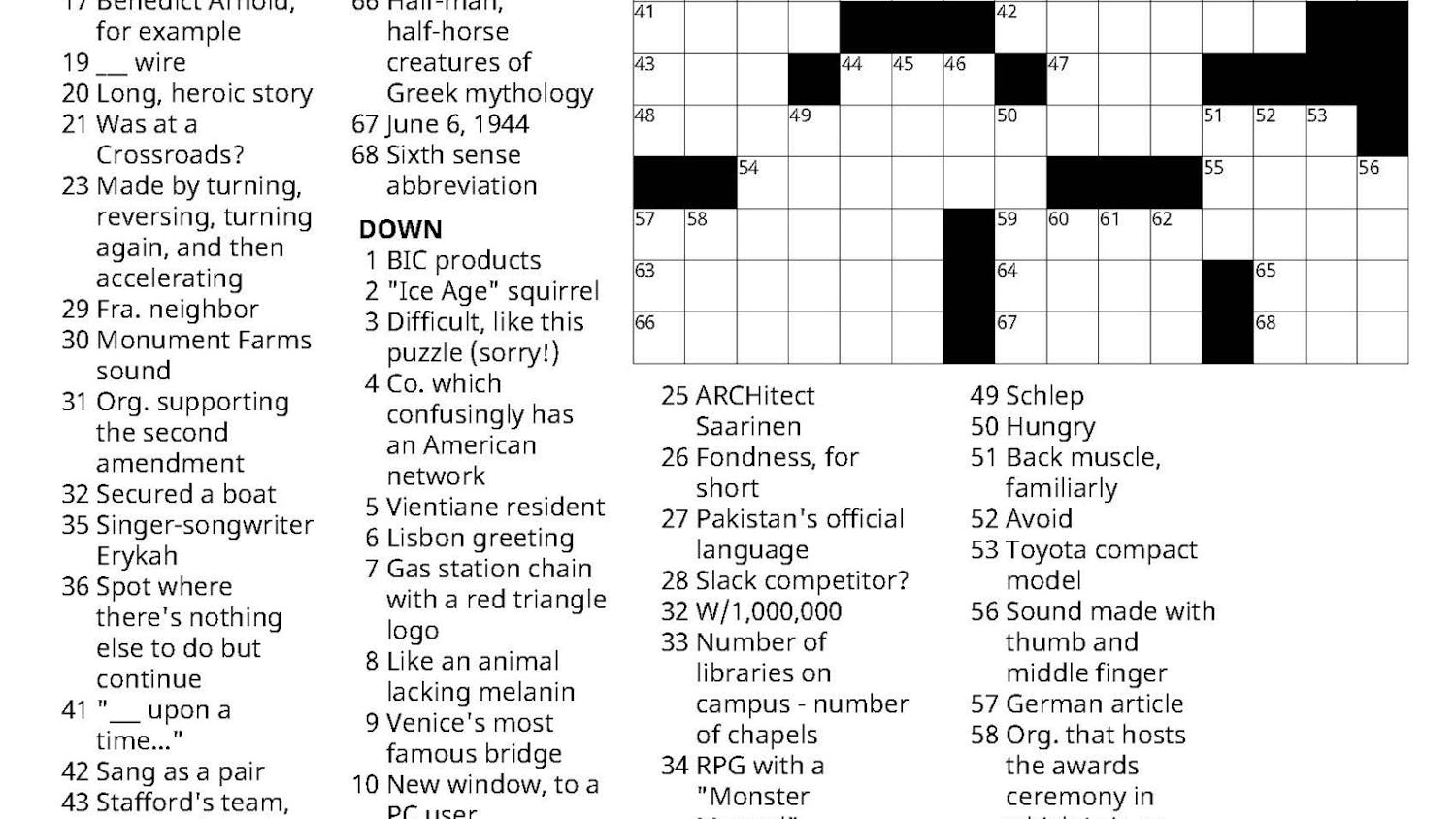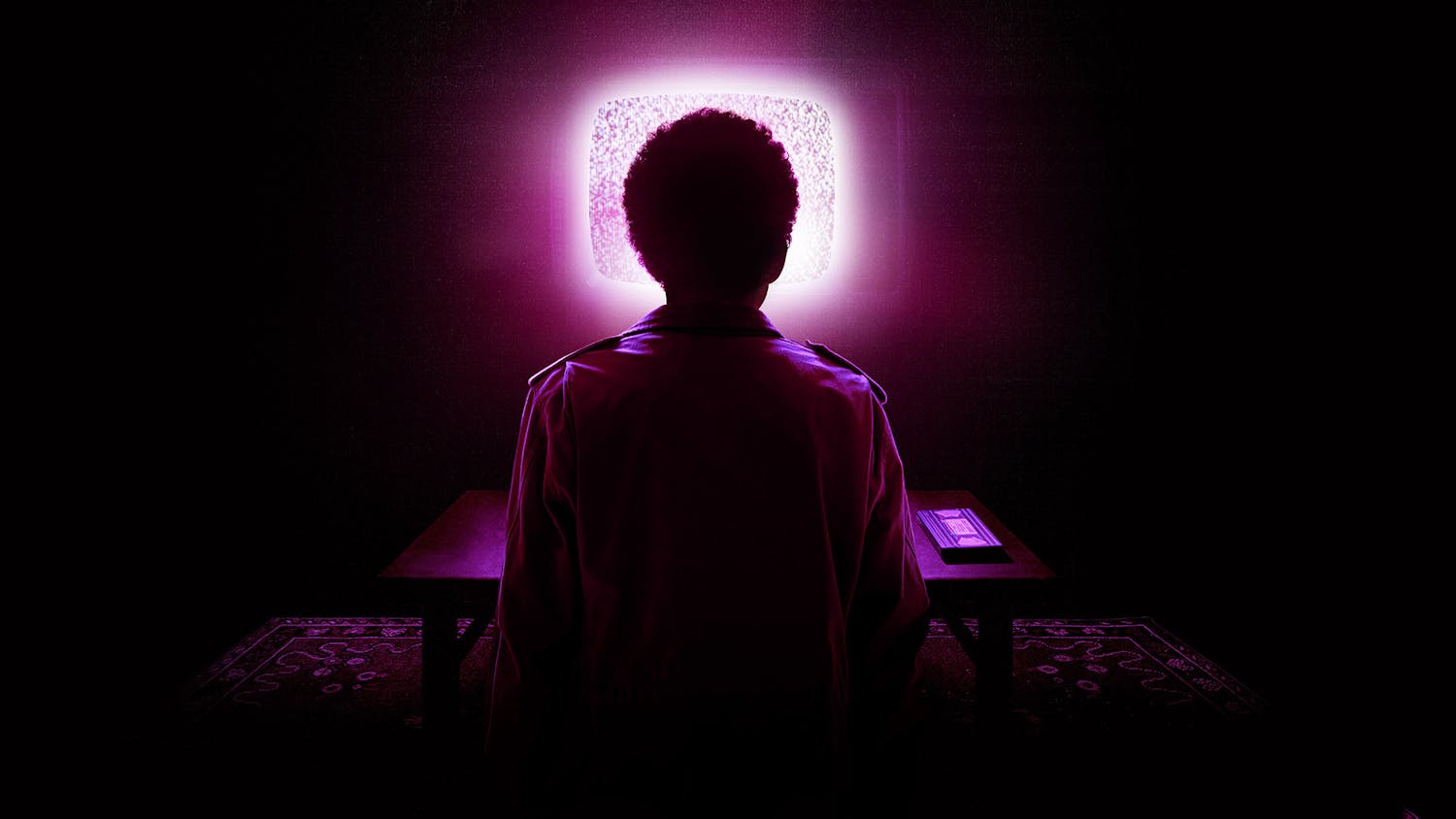Amidst this year’s Fall Family Weekend bustle of pumpkin rolling, bouncy houses and meals shared at the Knoll, several families, students and members of the Middlebury community made their way to The Chapel to honor a musical tradition that spans five decades.
The Emerson Quartet played their first concert at Middlebury on Feb. 22, 1981. At the time, the quartet was only five years old, with nowhere near the renown they hold today. Luckily for Middlebury, Professor Emeritus of Music Emory Fanning had gotten to know founding cellist of the quartet David Finckel at a music camp in Vermont. Seeing great things ahead for the group, Fanning booked the quartet to play at the college. Flash forward 42 years after that first concert: The Emerson Quartet has won nine Grammys, the Avery Fisher Prize and Musical America’s Ensemble of the Year award. Throughout their storied career, the group has performed at Middlebury 33 times, a number that exhibits their close connection to the college that hosted them before their success.
Upon entering The Chapel, the admiration the audience held for the quartet was apparent. Pews were filled with visitors of all ages clamoring with excitement. The quartet took the stage to raucous applause and then began George Walker’s “Lyric for Strings.” Walker’s piece started slowly before swelling into a moment of intensity and then falling into quiet. The musicians’ notes seemed to cascade from their instruments with a practiced precision. “Drink the Wild Ayre” by Sarah Kirckland Snider was next, a piece the quartet commissioned from the contemporary composer and debuted on this most recent tour. Eugene Drucker’s energy as lead violin led the group through this intense piece. One of the Emerson Quartet’s main goals is to highlight the relevance of classical music in the modern era. By playing contemporary pieces such as these, the quartet upholds that commitment and proves the persistent importance of classical music for our time.
The Quartet continued with Shostakovich’s “String Quartet No. 12 in D-flat Major, Op. 133,” a darker piece that builds to a dramatic climax followed by a quiet end. The deep tones of Paul Watkins’ cello and Lawrence Dutton’s viola accentuated the swift staccato melody throughout the piece. Ravel’s four-part piece, “String Quartet in F Major,” closed out the set list. The Quartet is known for having alternating first violinists and Philip Setzer took on this role for the final piece. Setzer’s pizzicato notes lead the Quartet through each movement, from the dissonant then melodic “Assez vif, tres rythme” to the harmony of “Tres lent” and the controlled intensity of the final section, “Vif et agité.”
Indeed, the audience’s admiration for the quartet was easy to see, as the quartet’s final piece was met with a two minute standing ovation, after which the quartet returned for an encore. The encore was a short fugue arranged by Mozart, which again was met with a lengthy standing ovation by the crowded chapel, clearly displaying Middlebury’s long-held admiration for the group and their masterful performances.
Catherine Goodrich ’24.5 was particularly impressed by the show.
“I thought it was a fabulous performance of professionals at the top of their game. Each piece was moving in its own right and came together to be a beautiful show. I’ve never seen The Chapel so full, and it was great to see a performance so well-attended with such an engaged audience,” Goodrich said.
It is safe to say that audiences would be excited to welcome the quartet back to Middlebury for yet another visit, but sadly this show marked the quartet’s final visit to the college. The quartet is in the middle of its farewell tour, with upcoming shows in Paris, Milan and Torino, before a return to the U.S. where they will play their final show at Alice Tully Hall in New York City. Since the group’s first visit to Middlebury over forty years ago, the Emerson Quartet has become one of the most successful modern quartets in classical music. Although they will be dearly missed, the quartet clearly has never forgotten its ties to the college. It seems as though Middlebury will not soon forget the Emerson Quartet either.




